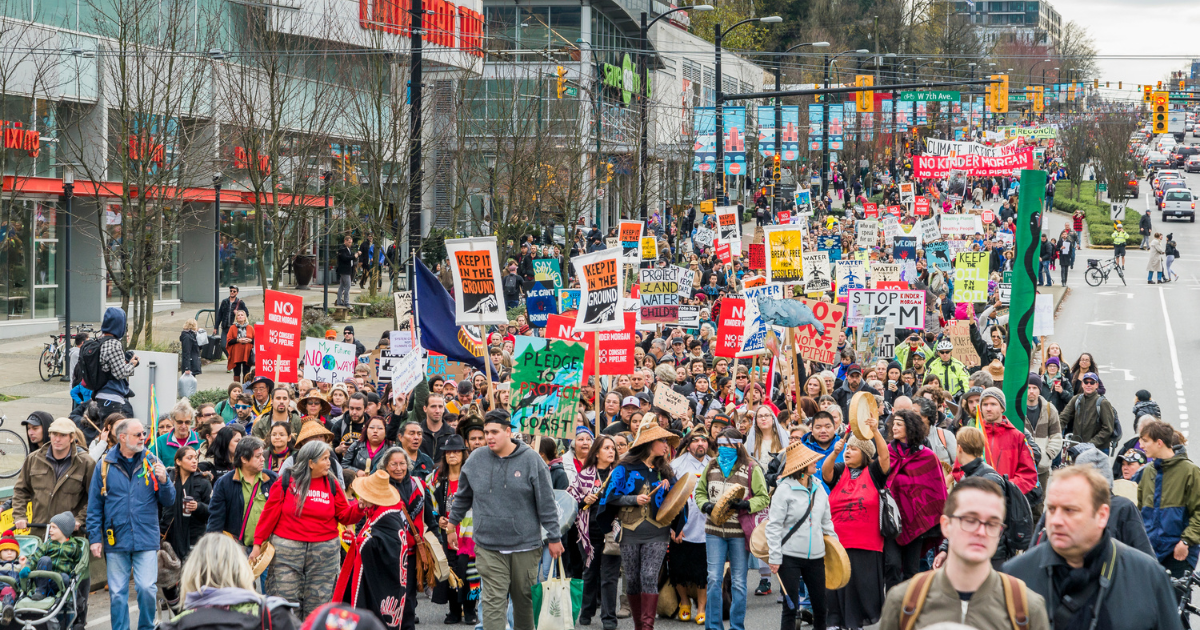Trans Mountain pipeline is an unacceptable risk to communities and ecosystems
Wilderness Committee

VANCOUVER / UNCEDED xʷməθkʷəy̓əm, Sḵwx̱wú7mesh AND səlilwətaɬ TERRITORIES — After 14 years of opposing tar sands exports on the Salish Sea, the Wilderness Committee is heartbroken at the prospect of the completion of the federally-owned Trans Mountain pipeline. We are furious that $35 billion of taxpayer money was spent on the white elephant project.
“We’re obviously extremely worried for the Fraser River, the Salish Sea and everyone and everything that relies on these waters for survival,” said Climate Campaigner Peter McCartney. “Prime Minister Trudeau made the decision to purchase this gift for the fossil fuel industry, but it’s these communities and ecosystems that will pay the price when the Trans Mountain pipeline inevitably spills.”
Trans Mountain has spilled more than 85 times since the original line opened in 1953, the first on the day it was supposed to begin operations. Given the questionable quality of pipe used to complete the project and its incomplete leak detection system, communities are bracing for the few first shipments of diluted bitumen.
“Tens of thousands of people who’ve marched in the streets, written letters to politicians and even stood in front of the bulldozers to protect these waters are dreading the heightened risk of a catastrophic oil spill in their communities,” said McCartney. “First Nations who have never given Trans Mountain consent to occupy their territories deserve to know their foods, medicines and entire way of life will always be safe and not threatened by the pipeline.”
Together, the movement to stop the Trans Mountain pipeline successfully fought off Kinder Morgan, the original Texas-based owner, delayed oil shipments for years and advanced the national dialogue about Indigenous rights and climate change.
“I want folks to know there was still value in this fight. We lost this battle, but we are winning the war,” said McCartney. “I look at how much the conversation about Indigenous rights and climate change has changed over the past 14 years. Knowing our efforts to stop the Trans Mountain pipeline played a role in that shift makes it all worth it.”
-30-
For more information please contact:
Peter McCartney | Climate Campaigner
778-239-1935, peter@wildernesscommittee.org


